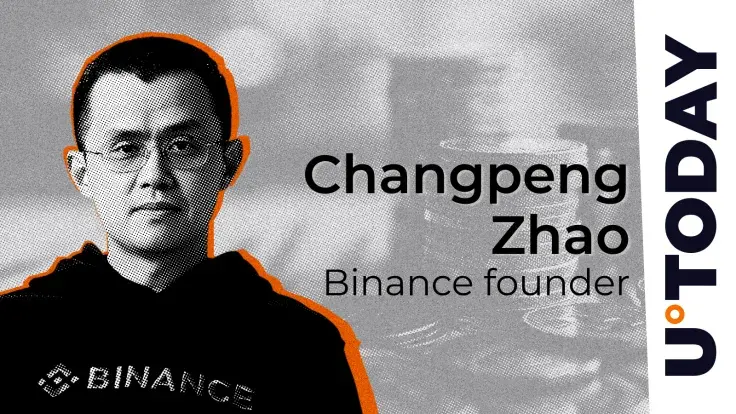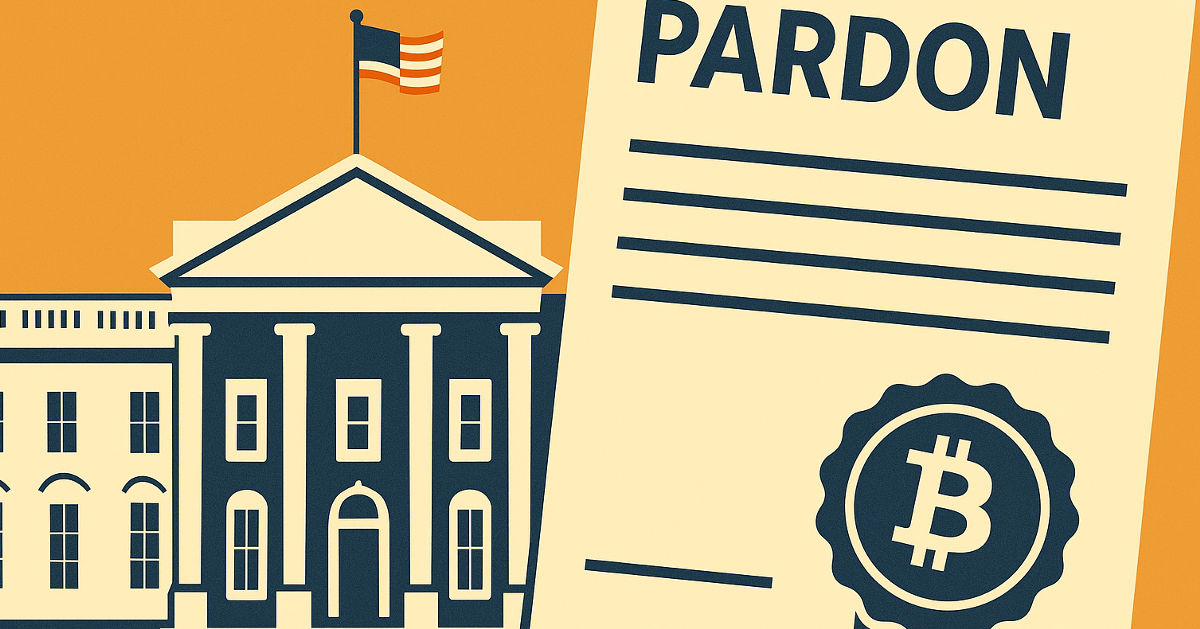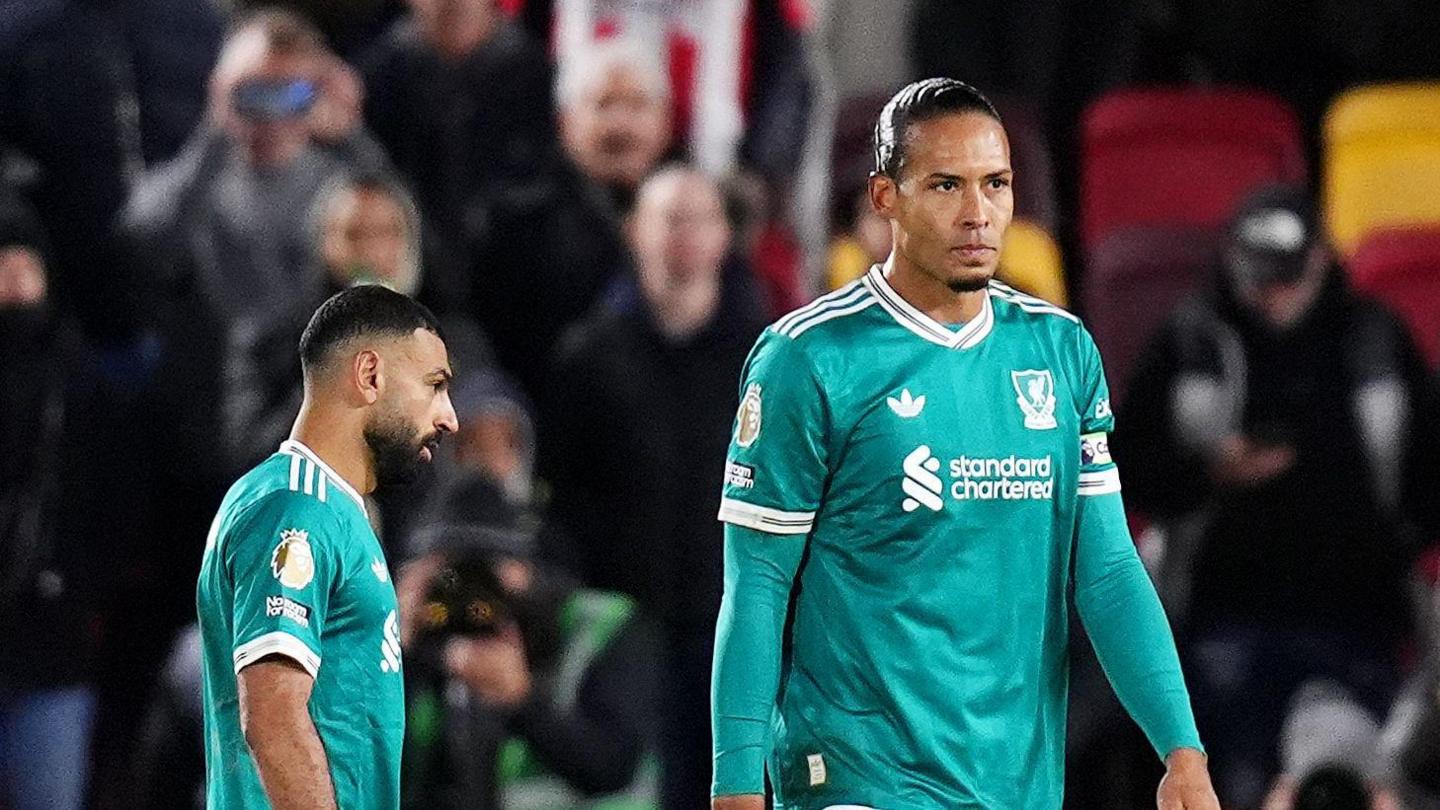Explosive Deal: Trump Secures 10% US Stake in Major Chipmaker Intel

President Donald Trump on Friday announced that the U.S. government has secured a nearly 10% equity stake in the struggling Silicon Valley pioneer, Intel. This extraordinary intervention by the White House into corporate America was completed just weeks after Trump had publicly criticized Intel's CEO, Lip-Bu Tan, as a conflicted leader unfit for his role. Trump declared in a post, “The United States of America now fully owns and controls 10% of INTEL, a Great American Company that has an even more incredible future.”
The U.S. government acquired this stake through the conversion of approximately $8.9 billion in previously issued funds and pledges into equity. Specifically, it involved purchasing 433.3 million shares of non-voting stock at $20.47 apiece. This price represented a significant discount from Friday's closing price of $24.80, immediately giving the U.S. government a paper gain of $1.9 billion. The funding for this equity conversion primarily stemmed from $5.7 billion in unpaid grants designated for Intel under the Biden-era CHIPS and Science Act, a program designed to foster domestic semiconductor manufacturing, alongside an additional $3.2 billion from another initiative known as the Secure Enclave program.
This remarkable turn of events places the U.S. government as one of Intel's largest shareholders at a critical juncture for the Santa Clara, California-based company. Intel is currently in the process of shedding more than 20,000 workers as part of its latest effort to recover from years of missteps and has faced substantial financial challenges, including losing over $22 billion since the end of 2023 and reporting an annual loss of $18.8 billion in 2024. Its market value, currently around $108 billion, pales in comparison to the chip industry leader, Nvidia, which is valued at $4.3 trillion.
Intel’s current CEO, Lip-Bu Tan, who assumed the position in March, had initially found himself on shaky ground earlier this month. Lawmakers raised national security concerns regarding his past investments in Chinese companies while he was a venture capitalist. Trump capitalized on these concerns in an August 7 post, demanding Tan's resignation. However, the situation dramatically shifted after the Malaysian-born Tan publicly professed his allegiance to the U.S. in a letter to Intel employees and met with President Trump at the White House, culminating in the equity deal. Following this, Trump praised Tan as a “highly respected” CEO, and Tan, in turn, applauded Trump for “driving historic investments in a vital industry,” vowing to reward the administration's faith in Intel.
The government's stake is intended to be a passive ownership, meaning it does not include a board seat for the U.S. government, and the shares are non-voting. Intel specified that the government would generally be required to vote with Intel's board on matters requiring shareholder approval, with certain undisclosed exceptions. Additionally, the deal includes a five-year warrant at $20 a share for an additional 5% of Intel stock, which the U.S. government can exercise if Intel loses control of its foundry business, its contract chip manufacturing unit. Analysts suggest that this federal backing could provide Intel with crucial breathing room to revive its loss-making foundry business, which needs to catch up technologically with competitors like TSMC to attract more customers.
Critics of the deal, however, view it as a troubling cross-pollination between the public and private sectors, potentially harming the tech industry. Scott Lincicome, vice president of general economics for the Cato Institute, labeled it a “horrendous move” that could lead to U.S. companies feeling pressured to purchase potentially inferior chips from Intel to curry favor with the Trump administration. Nancy Tengler, CEO of Laffer Tengler Investments, questioned the benefit to American taxpayers and the chip industry, warning against government interference in private enterprise. She echoed concerns about Trump's potential to meddle in Intel's business or fixate on its stock price.
While rare, government intervention as a significant shareholder is not unprecedented in U.S. history; a notable example is the nearly $50 billion injection into General Motors during the 2008 Great Recession, which resulted in a $10 billion loss for the government upon the sale of its shares. This move by the Trump administration aligns with its broader push to bolster domestic production and lessen the country's dependence on overseas manufacturing, particularly to maintain a technological lead over China in the race for artificial intelligence. Even prior to this Intel deal, the administration had leveraged its power over major chip companies, such as requiring Nvidia and Advanced Micro Devices to pay a 15% commission on their chip sales in China in exchange for export licenses.
Recommended Articles
US Secures Major Intel Stake: Trump's Bold Corporate Move Sends Shockwaves

President Donald Trump announced the U.S. government has acquired an approximately 10% equity stake in the struggling ch...
Tesla's Grim Future? Ex-Stellantis CEO Predicts Demise Within a Decade

EV giant Tesla faces a challenging future, with former Stellantis CEO Carlos Tavares predicting its potential exit from ...
Zoho Founder's Bold Call: Sridhar Vembu Urges Immigrants to Return and Build 'Strong Bharat'

Zoho Corporation founder Sridhar Vembu has passionately urged Indians living abroad to return home, questioning why they...
Crypto Titan CZ Gets Shock Pardon: Industry Stunned!

Binance founder Changpeng Zhao (CZ) has been pardoned by US President Donald Trump, according to a report by The Wall St...
Trump Shocks Crypto World: Binance Founder CZ Receives Presidential Pardon!

President Donald Trump has granted a full pardon to Changpeng Zhao, the founder of Binance, marking a significant and co...
You may also like...
Rooney Blasts 'Crisis Mode' Liverpool: Champions Lacking Leadership and Salah's Form a Major Concern

Defending Premier League champions Liverpool are in a worrying slump, having lost four consecutive matches. Former Engla...
Real Madrid Stuns Barcelona with Clasico Masterclass; Mbappe, Bellingham Shine

Europe's top football leagues delivered a weekend of high drama, featuring Real Madrid's controversial El Clásico victor...
Daily Show Drama: Jon Stewart's Battle for Creative Freedom Amid Paramount-Skydance Merger

Jon Stewart revealed at the New Yorker Festival that he is actively seeking to extend his contract at “The Daily Show” d...
Hemsworth Breaks Silence: The Weight of Replacing Cavill in Witcher Season 4

Liam Hemsworth will debut as Geralt of Rivia in The Witcher Season 4 this Fall, replacing Henry Cavill. Hemsworth shared...
Mzoe 7's 'Fela Kuti' Spectacle: Zimbabwean Artist Redefines Music & Drama!

Mzoe 7's recent one-man show at the Bulawayo Theatre has redefined performance standards, captivating audiences with a m...
Zimbabwean Duo Bantu & Dr. Chaii Seize Apple Music's Isgubhu Spotlight!

Award-winning Zimbabwean artists Bantu and Dr. Chaii are the latest Apple Music Isgubhu cover stars, celebrated for thei...
Caroline Flack Tragedy: Mother's Heartbreak Over Texts Found on Lewis Burton's Phone

Caroline Flack's mother, Christine, is heartbroken by newly resurfaced questions surrounding texts found on Lewis Burton...
Strictly's Claudia Winkleman's Daughter: A Decade On From Horrific Halloween Accident

After 12 years, Claudia Winkleman is stepping down from Strictly Come Dancing to prioritize her family, including her da...